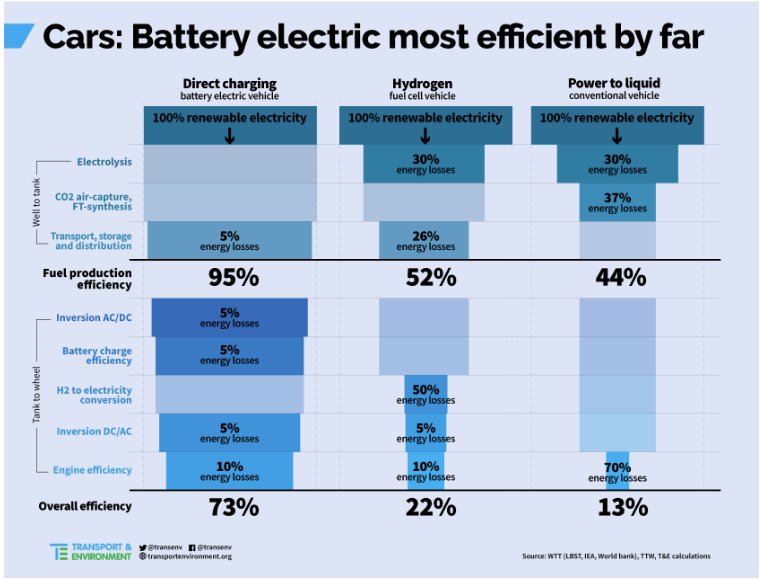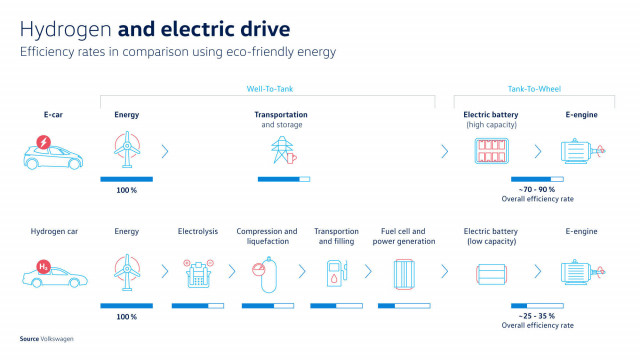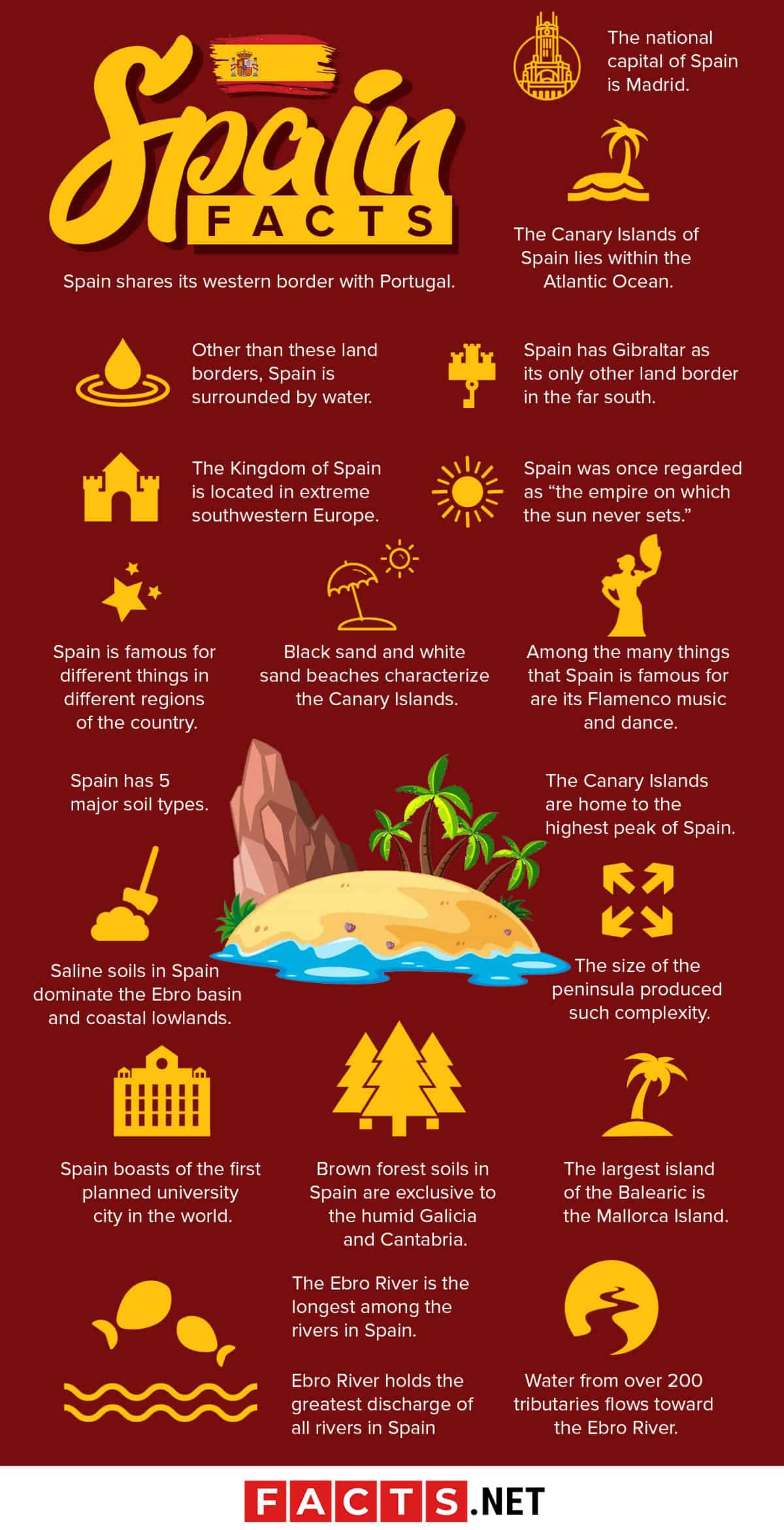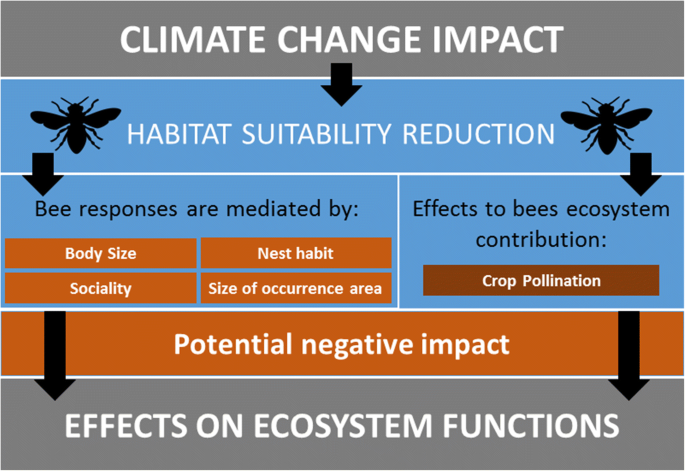Fuel cells derive their power from hydrogen stored on. Because our combustible engines used in daily commute emit a lot of carbon dioxide finding a greener and more environmentally friendly option is.
 Transport Environment On Twitter Electric Vs Hydrogen Cars Battery Electric Cars Are At Least Three Times More Efficient Than Hydrogen Fuel Cell Cars Due To Energy Losses Https T Co Tlqdcq0jly
Transport Environment On Twitter Electric Vs Hydrogen Cars Battery Electric Cars Are At Least Three Times More Efficient Than Hydrogen Fuel Cell Cars Due To Energy Losses Https T Co Tlqdcq0jly
The key difference between fuel cell and battery is that a fuel cell can supply electrical energy for a long period of time compared to a normal battery.

Fuel cell vs battery. Battery-electric cars store that electricity directly in their battery packs while fuel-cell cars store it in gaseous hydrogen releasing it through a chemical reaction in the cells. The main obstacles to the development of fuel cells are high costs and complex hydrogen production processes. Their efficiency is around 65 percent whereas the efficiency of.
Hydrogen fuel cell vs Battery Electric. Fuel cell electric vehicles FCEVs use electricity to power an electric motor. The reason battery packs dont enjoy this same kind of scale with relation to driving range is that battery packs compared with both fuel cells and gasdiesel engines hold comparatively little energy.
Fuel cells or batteries. The biggest difference between the two is that a battery stores energy while a fuel cell generates energy by converting available fuel. This electricity is generated using a fuel cell-powered by hydrogen instead of a battery pack.
Comparing a battery and a fuel cell may be confusing as both can be used as sources of power but in different ways. April 11 2021 by MQDuong. Battery Electric Cars Which is Better.
Compared with solid-state lithium batteries the biggest advantage of fuel cells is the high energy density which is 120 times that of lithium batteries. The concepts of fuel cell and battery come under the category of electrochemistry. In the case of FCVs the battery is very small because it works only as a buffer between the power electronicsmotor and the hydrogen fuel cell.
As the calls to combat climate change become increasingly louder the interest in an alternative to carbon-based energy heightens. A fuel cell can have a battery as a system component to store the electricity its generating. Thinkstep enables organizations worldwide to succeed sustainably.
Carmakers seem to have taken sides in the EV debate. Moreover refueling an empty reactant tank is also much faster than recharging a battery. Battery-electric cars would be better at cutting carbon emissions and at a lower cost than fuel cell vehicles too researchers report in the journal Energy.
Thats mainly because hydrogen fueling stations are much more expensive to install than battery-charging stations. In the case of FCVs the battery is very small because it works only as a buffer between the power electronicsmotor and the hydrogen fuel cell. A fuel cell electric vehicle generates electricity using hydrogen as fuel and also delivers energy to the powertrain.
Also in terms of efficiency the ratio of the energy produced to the energy used the battery clearly wins. We have but two choices to power allelectric vehicles. Long as the reactants continue to be fed to the fuel cell electricity can be produced.
In battery electric vehicles batteries store and deliver energy to the powertrain. If playback doesnt begin shortly try restarting your device. Both produce electricity to drive electric motors eliminating the pollution and in efficiencies of the venerable internal combustion engine.
A fuel cell can also have a battery as a system component to store the electricity. As the chart above shows this nearly 11 increase of range with added energy storage is also true with hydrogen fuel cells. The biggest difference between the two is that a battery stores energy while a fuel cell takes an energy source such as hydrogen propane diesel or natural gas and converts it into electrical energy.
There are several different types of fuel cells including alkaline fuel cells AFCs direct methanol fuel cells DMFCs phosphoric acid fuel cells PAFCs molten. Hydrogen Fuel Cell vs. These are devices that can produce electrical energy using chemical reactions.
Solid-state lithium battery cost comparison. The fuel cell stack provides electricity consuming hydrogen stored in tanks at high pressure. Most FCEVs use a battery for recapturing energy produced during regenerative braking.










